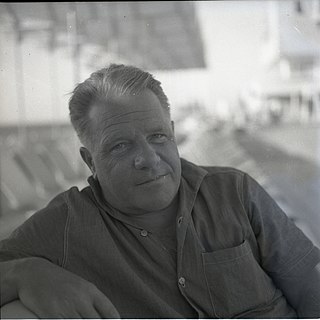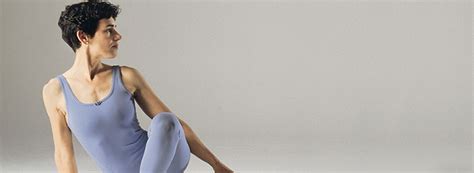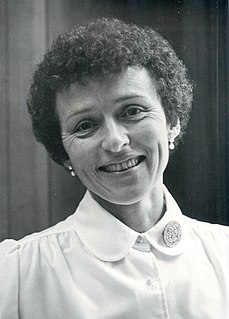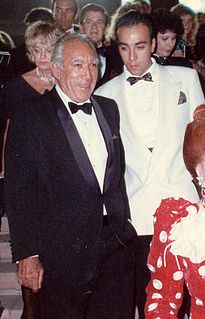A Quote by Ram Dass
The reality we live in is selected by our conceptual definitions. You and I may be in the same physical space, but each of us will see it as entirely different.
Related Quotes
In other words, the propositions of philosophy are not factual, but linguistic in character - that is, they do not describe the behaviour of physical, or even mental, objects; they express definitions, or the formal consequences of definitions. Accordingly we may say that philosophy is a department of logic. For we will see that the characteristic mark of a purely logical enquiry, is that it is concerned with the formal consequences of our definitions and not with questions of empirical fact.
'We live' writes Pursewarden somewhere 'lives based upon selected fictions. Our view of reality is conditioned by our position in space and time — not by our personalities as we like to think. Thus every interpretation o? reality is based upon a unique position. Two paces east or west and the whole picture is changed.
Our business is to wake up. We have to find ways in which to detect the whole of reality in the one illusory part which our self-centered consciousness permits us to see. We must not live thoughtlessly, taking our illusion for the complete reality, but at the same time we must not live too thoughtfully in the sense of trying to escape from the dream state. We must be continuously on watch for ways in which we may enlarge our consciousness.
Each one of us will travel a different road during this life. Each progresses at a different rate. Temptations that trouble your brother may not challenge you at all. Strengths that you possess may seem impossible to another. Never look down on those who are less perfect than you. Don't be upset because someone can't sew as well as you, can’t throw as well as you, can't row or hoe as well as you. We are all children of our Heavenly Father. And we are here with the same purpose: to learn to love Him with all our heart, soul, mind, and strength, and to love our neighbor as ourselves.
To be truthful, some writers stop you dead in your tracks by making you see your own work in the most unflattering light. Each of us will meet a different harbinger of personal failure, some innocent genius chosen by us for reasons having to do with what we see as our own inadequacies. The only remedy to this I have found is to read a writer whose work is entirely different from another, though not necessarily more like your own—a difference that will remind you of how many rooms there are in the house of art.
God grant that each of us here today may so live that all among us, and with us, may see, not us, but that which is divine and comes from God. With that vision of what those who have lost their way may become, my prayer is that they may receive strength and resolution to climb higher and higher and upward and onward to that great goal of eternal life and also that I may do my part in seeking to show by example, as well as by precept, that which will be the best of which I am capable of doing.
As I have come to realize that we all live and move and have our being in God, the names of each person, species, creature, and element are superimposed over God's name. God is reality; God is the source of reality of each of us. Panentheism seeing the world as in God - puts God's "name" first, but each of our names are included and preserved in their distinctiveness within the divine reality.
I believe that everything has a purpose and that everything a person does will come back to haunt or save him. Life is like a mirror in which everything we do is reflected back to us. We might not be able to recognize the reflection, and at times the image may be hidden. We may take years to see it or it may not even be visible during our lifetime. But it all comes around in the end. Space is as infinite as our actions are timeless. We are all part of the same invisible story, all travelling in a single continuum.
Until we stop ourselves or, more often, have been stopped, we hope to put certain of life's events "behind us" and get on with our living. After we stop we see that certain of life's issues will be with us for as long as we live. We will pass through them again and again, each time with a new story, each time with a greater understanding, until they become indistinguishable from our blessings and our wisdom. It's the way life teaches us to live.
There is no way reality can be prevented from flowing the way it
flows. It is our vain attempts to force it to flow in the service
of our imaginary needs which sets us in painful conflict with our-
selves and nature. You are not separate from the flowing reality;
you are that flowing reality. See this and you will not see any-
thing else which conflicts with it. You will be what you see.
What is … important is that we — number one: Learn to live with each other. Number two: try to bring out the best in each other. The best from the best, and the best from those who, perhaps, might not have the same endowment. And so this bespeaks an entirely different philosophy — a different way of life — a different kind of relationship — where the object is not to put down the other, but to raise up the other.





































